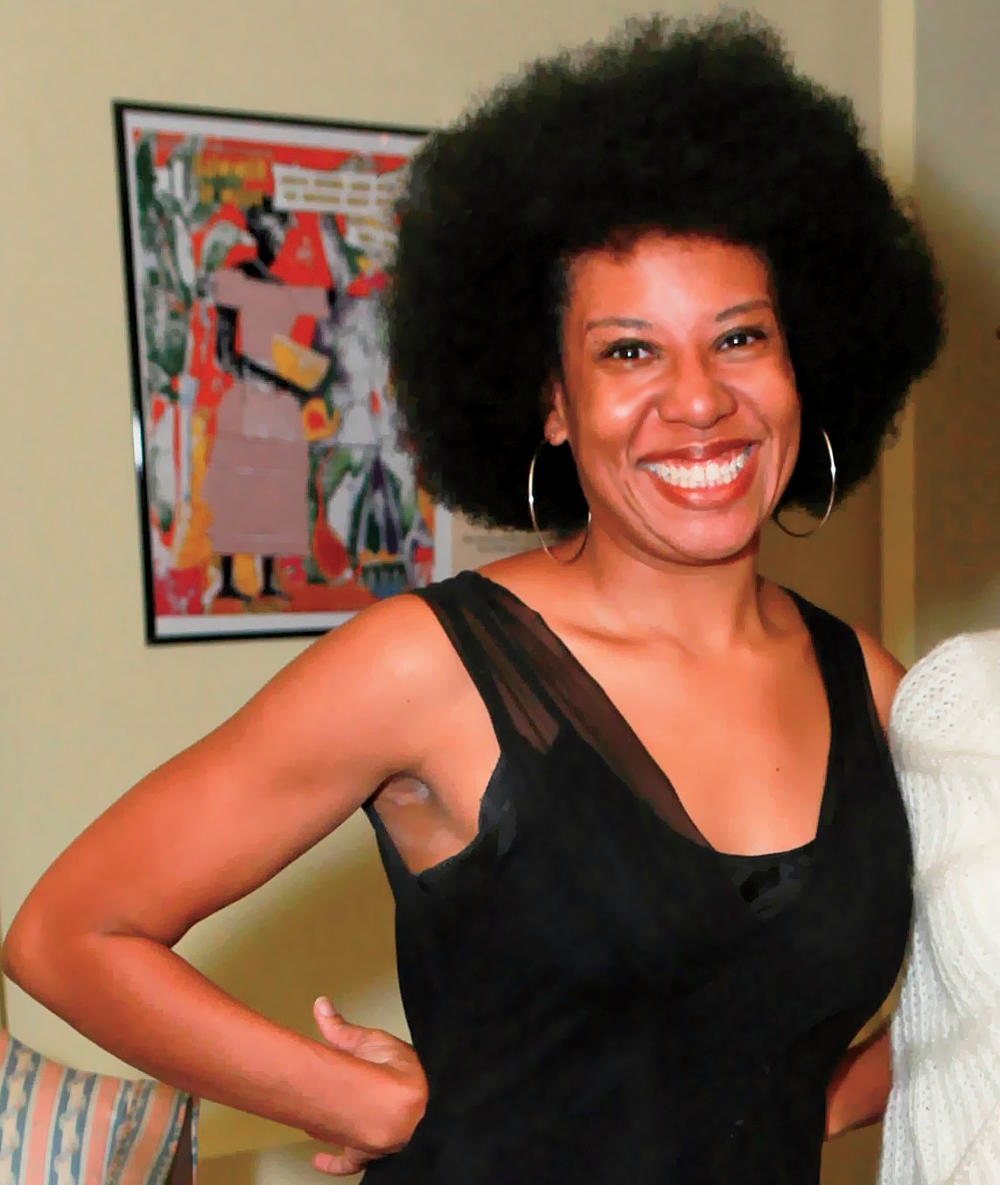What does the Maysles Documentary Center do?
We have three divisions: a community cinema, an education program, and a film-production area. The cinema is pay-what-you-wish, and we often hold post-screening discussions with directors. In our education program, we teach free and low-cost filmmaking courses to youths and adults. We also make documentary films; the most recent, In Transit, won a Special Jury Mention at the 2015 Tribeca Film Festival. I’ve managed all three divisions since joining the center in 2012.
You have degrees in business and journalism from Columbia. How has that education helped you in this job?
My business training helps with the day-to-day aspects of running a nonprofit — keeping the lights on. Journalism, in some ways, is more important. Our mission at the center is really about the intersection of social justice and art. From studying business and journalism, I’ve learned how to balance storytelling and journalistic integrity with the need to stay in business. The best thing that I got from my dual degree at Columbia was the ability to give both sides the honest attention they need.
Why is documentary film an important medium today?
For one thing, it’s accessible. Anybody can make a documentary, and the ability to document what goes on around us has really changed our world. Narrative films about real subjects often dramatize stories and alter facts, but documentaries record events as they happen, often in real time. With so much fake news out there and information that isn’t quite believable, people are more likely to trust information when it comes directly from a source.
How has the center affected Harlem?
The center is a place for entertainment, but also for social action and public service. Many of the films that we show, even those from overseas, tackle issues that we deal with in our community, such as health-care costs, poverty, hunger, and affordable-housing shortages. By screening these documentaries here in Harlem, we try to make the world a little bit smaller and gain a better understanding of each other.
Can you tell us about the center’s education programs for young people?
One that’s having a big impact right now is our Community Producers Program for court-involved youths. We teach teens and young adults on probation how to tell their own stories, an important skill for people leaving the criminal-justice system. The program also helps youths actively pursue topics that interest them; they’ve tackled issues like fatherhood, immigration, and foster-care reform. Often, people who struggle in school do well with a camera.
There are thousands of documentaries released every year. Do you have any recent favorites?
Without question, Raoul Peck’s I Am Not Your Negro, which is about racism in the US and the civil-rights movement. The film was an Oscar nominee, and we were one of two Manhattan theaters to screen it during the nomination process.
What are the key ingredients of a good documentary?
Access to unlimited information about a subject, openness to tell all sides of a story, and a good editor.



